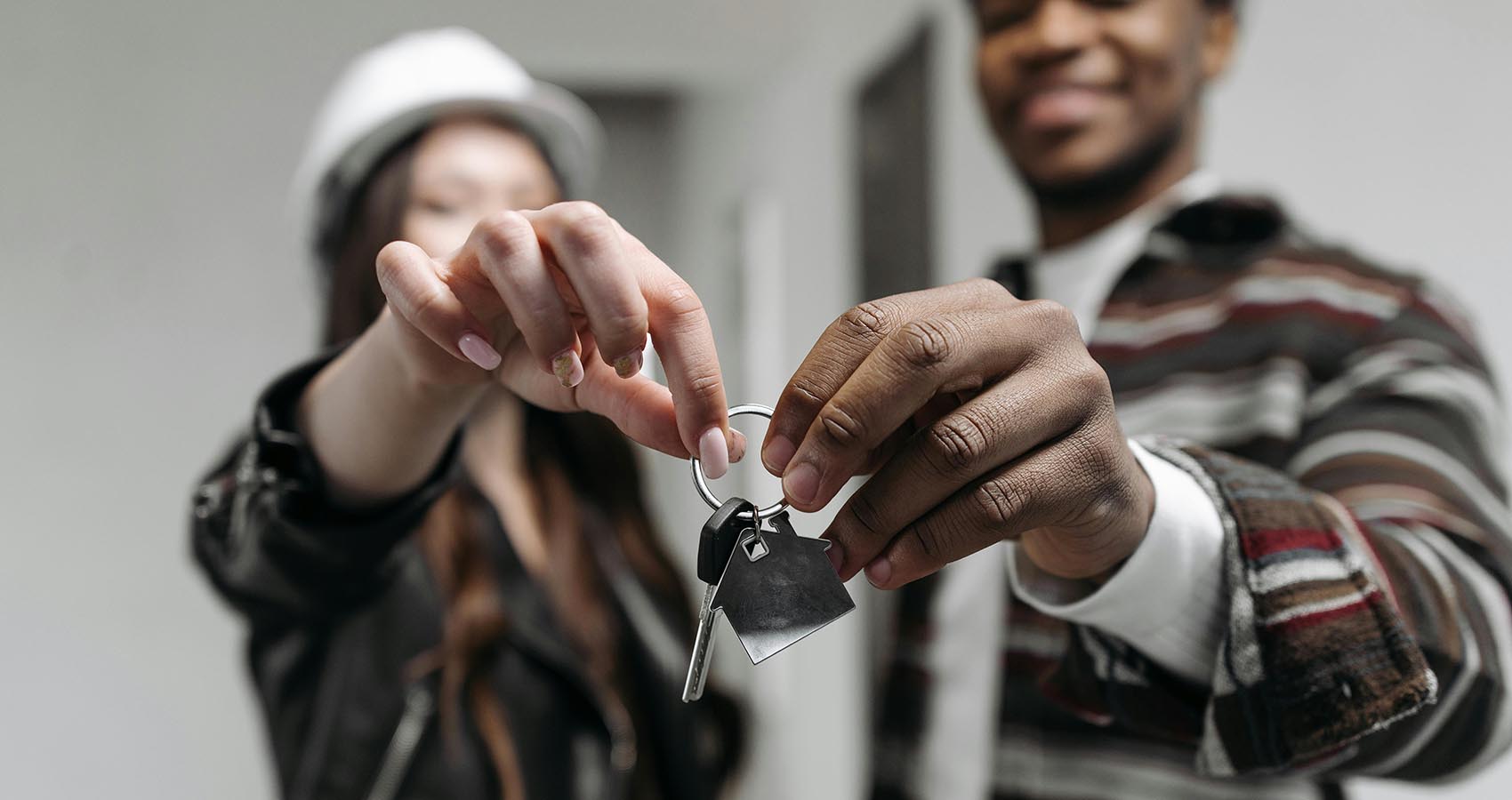
Common Mistakes First-Time Buyers Make (And How to Avoid Them)
9 costly ones to avoid.
Buying your first home feels like stepping into a parallel universe where everyone speaks a different language and the rules seem designed to confuse you. I remember staring at mortgage documents that might as well have been written in ancient hieroglyphics, nodding along while secretly panicking about whether I was making the biggest mistake of my life.
The truth is, most first-time buyers stumble through the same pitfalls. But here's the thing — these mistakes aren't inevitable. You can sidestep the worst of them if you know what to look out for.
Not Getting Your Finances Properly Sorted
This one's massive, and I mean MASSIVE. Too many first-time buyers rush into house hunting without really understanding what they can afford. They see a mortgage calculator online, punch in some numbers, and think they're ready to go. Wrong.
Your mortgage capacity isn't just about your salary. Lenders scrutinise everything — your credit score, existing debts, spending patterns, even that cheeky overdraft you dip into occasionally. They'll want to see bank statements going back months, and trust me, they notice if you've been living off takeaways & expensive coffee.
Get a mortgage agreement in principle before you start house hunting. It's free, takes about an hour, and gives you a realistic budget. Plus, estate agents take you seriously when you can prove you're not just window shopping. I've seen people fall in love with properties £50,000 over their actual budget. Heartbreak central.
Also, remember that your mortgage isn't your only cost. There's stamp duty, solicitor fees, survey costs, moving expenses — the list goes on. Budget for at least £3,000-£5,000 in additional costs, more if you're buying somewhere expensive.
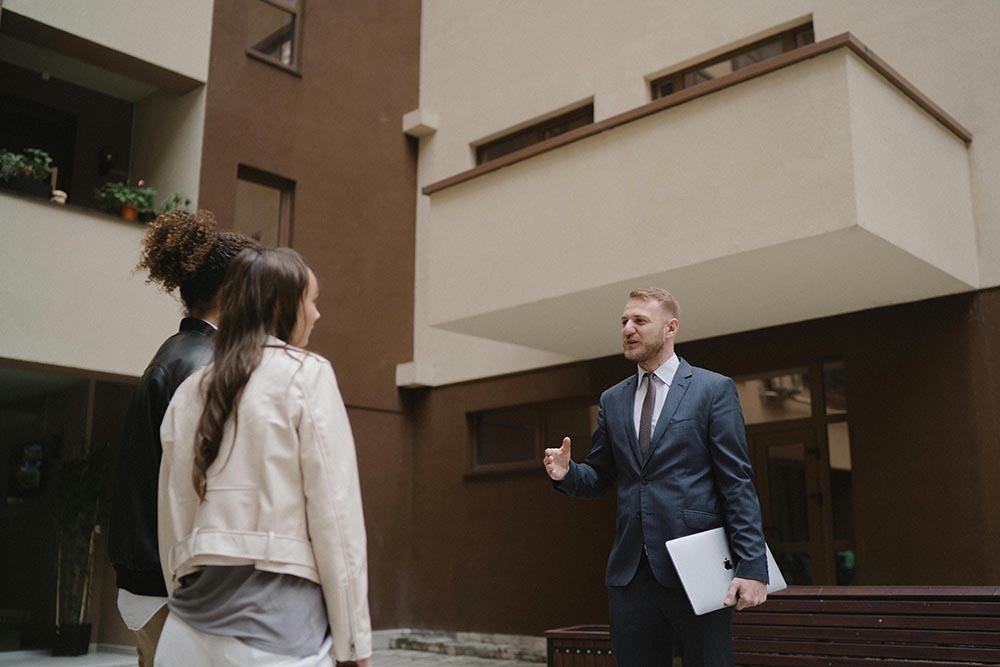
Skipping the Survey
Oh boy, this is where things get expensive quickly. Some buyers think a mortgage valuation is enough. It's not. The mortgage valuation exists to protect the lender, not you. It's basically checking the house is worth enough to secure their loan.
A proper survey reveals the stuff that could cost you thousands later. Dodgy electrics, damp problems, structural issues — the kind of surprises that turn your dream home into a money pit. I know someone who discovered major subsidence issues two years after buying. The repair bill? £30,000.
There are different types of surveys depending on your property. A homebuyer's report works for most modern properties, while older houses might need a full structural survey. Yes, it costs extra upfront (typically £400-£1,500), but it's pennies compared to major repair costs.
Don't let sellers pressure you into skipping surveys either. If they're genuinely confident about their property's condition, they shouldn't mind you checking it out properly.
Falling in Love With the First Property
Estate agents are basically professional storytellers. They know exactly how to make you envision your future life in a property — where you'll put your sofa, how lovely Sunday mornings will be in that kitchen, etc.
But here's the reality check: the first house you love probably isn't "the one." I looked at maybe 20 properties before buying, and each time I thought I'd found my perfect home. Until I saw the next one.
View multiple properties. Get a feel for what's available in your price range. That bijou one-bedroom flat might seem charming until you realise you can get a proper two-bedroom house for similar money just a few streets over.
Take notes during viewings because honestly, they all blur together after a while. What seemed like a spacious kitchen in the morning might feel cramped when you remember the kitchen from your afternoon viewing. Photos help too, though obviously check if it's allowed first.
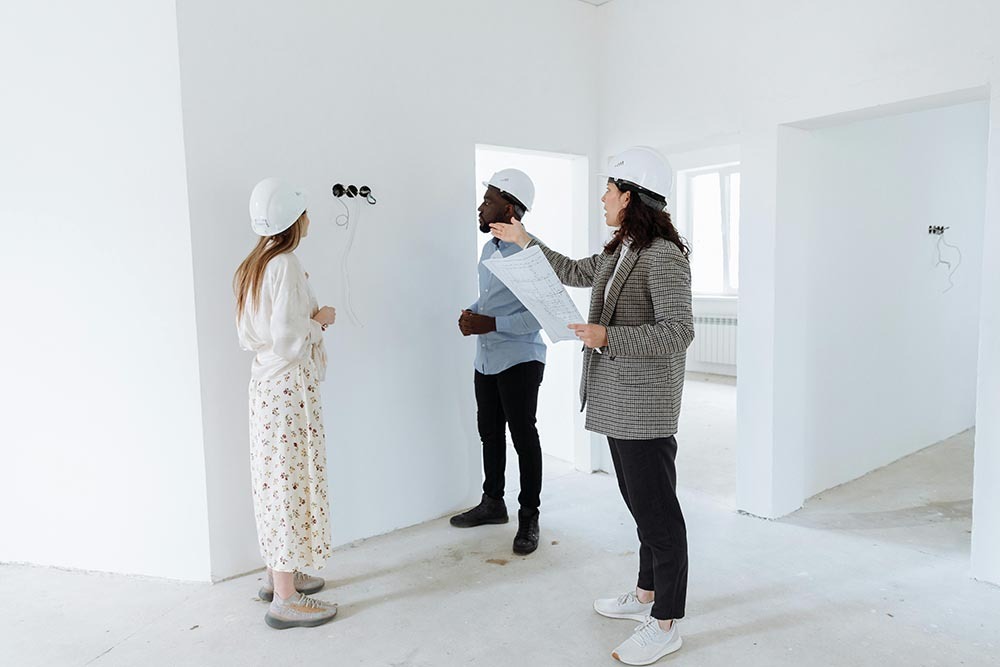
Ignoring Location Research
You can change almost everything about a house — knock down walls, install new kitchens, even add extensions. But you can't change its location. This seems obvious, yet so many buyers focus entirely on the property itself.
Research the neighbourhood properly. Walk around at different times — weekday mornings, weekend evenings, late at night. That quiet residential street might transform into a rat run during rush hour. The nearby pub might host karaoke nights every Thursday.
Check local schools even if you don't have children. Good school catchments boost property values & make houses easier to sell later. Look at transport links, local amenities, future development plans. Is the council planning a new housing estate next door? A major road extension?
Crime statistics matter too, though take them with a pinch of salt. Some areas report crimes more diligently than others. Trust your instincts when you visit, but back them up with research.
Underestimating Ongoing Costs
Mortgage payments are just the beginning. First-time buyers often budget perfectly for their monthly mortgage, then get blindsided by everything else.
Council tax varies wildly between areas & property types. A Band D property might cost £1,200 annually in one area, £2,500 in another. Check the council tax band & local rates before committing. Buildings insurance is mandatory for mortgage holders, and contents insurance is pretty essential too.
Then there's maintenance. Boilers break down (usually in winter, obviously). Roofs develop leaks. Washing machines die spectacularly, flooding your kitchen. Budget at least £1,000-£2,000 annually for home maintenance & repairs. More for older properties.
Service charges catch many flat buyers off-guard. These cover communal area maintenance, building insurance, sometimes major repairs. They can range from £50 monthly to several thousand annually. Always ask for service charge accounts from previous years — they reveal the true costs.
Making Emotional Decisions Under Pressure
The property market moves fast, especially in competitive areas. Estate agents know this & sometimes create artificial urgency. "There's another viewing this afternoon" or "the sellers want a quick decision" — sound familiar?
Don't let pressure rush your biggest financial decision. Yes, good properties move quickly, but there are always others. I've seen buyers panic-offer over asking price, then find similar properties for less money weeks later.
Set your maximum budget beforehand & stick to it. Bidding wars are intoxicating but expensive. That extra £10,000 might not seem much spread over 25 years, but it adds up to around £13,000 with interest.
Sleep on major decisions. If you're genuinely interested, make an offer, but don't let anyone pressure you into immediate commitment. Good estate agents understand buyers need time to think. Pushy ones might be hiding something.
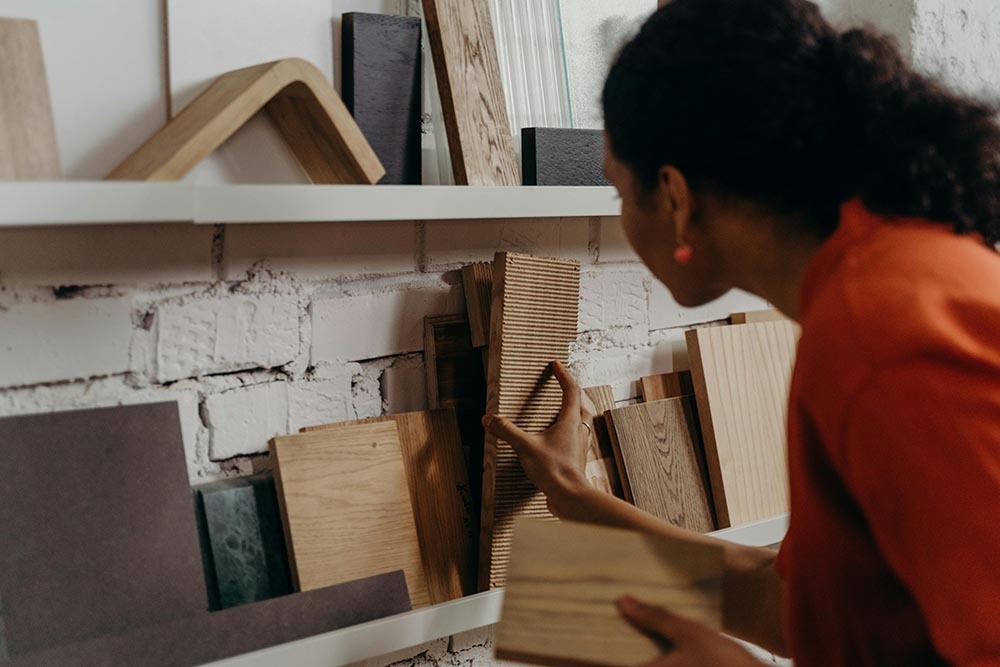
Choosing the Wrong Professionals
Your solicitor & mortgage broker can make or break your buying experience. Cheap isn't always best, but expensive doesn't guarantee quality either.
Ask friends for recommendations. Check online reviews, but read them carefully — some people blame solicitors for issues beyond their control. Look for professionals who communicate clearly & regularly. Radio silence for weeks isn't acceptable.
Get quotes upfront & understand what's included. Some solicitors quote low then add extras later. Others provide comprehensive service at slightly higher cost. Factor in their efficiency too — a slow solicitor might cost you your dream home.
Don't feel obligated to use your estate agent's recommended services. They often receive referral fees, which might influence their suggestions. Shop around for mortgages, insurance, surveys — you might save hundreds.
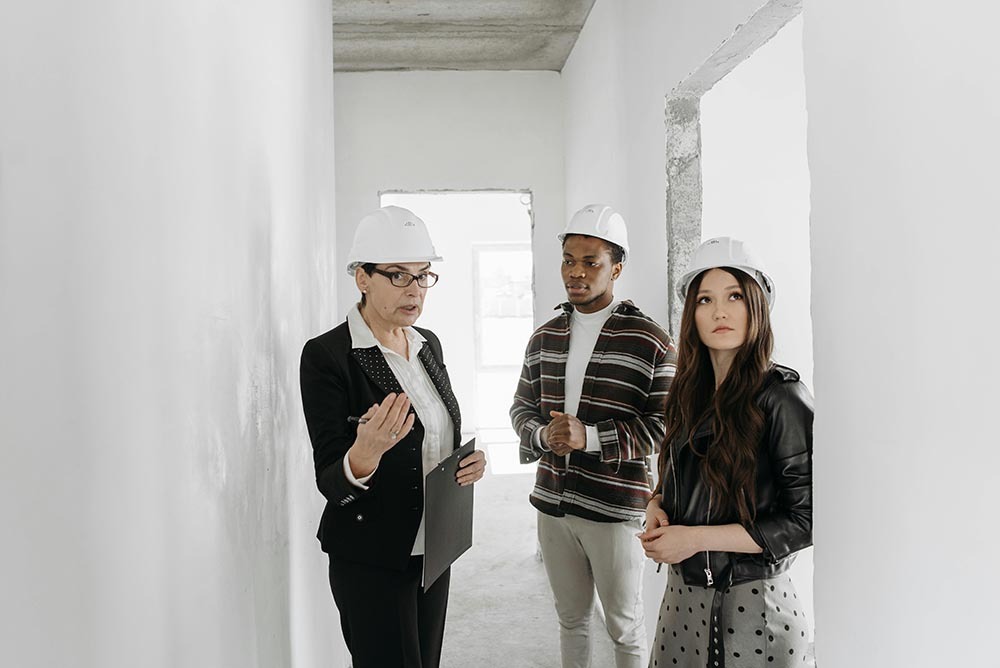
Forgetting About the Future
First homes rarely last forever. Your circumstances change — new jobs, relationships, family additions. Smart buyers consider resale potential from day one.
Unusual properties might suit your current lifestyle perfectly but appeal to fewer future buyers. That converted church or quirky studio might be harder to sell than a conventional two-bedroom house. Not saying avoid them, just understand the implications.
Consider lease lengths on flats. Anything under 80 years becomes problematic for future buyers & expensive to extend. Factor in potential lease extension costs when budgeting.
Think about your likely needs in 5-10 years. Will you want more space? Better transport links? Different schools? You don't need to plan everything, but major life changes are worth considering.
Final Thoughts
Buying your first home involves juggling multiple complex processes simultaneously while making one of life's biggest financial commitments. No wonder it feels overwhelming.
The key is taking your time with the things you can control — research, budgeting, choosing professionals — so you're ready when the right property appears. Mistakes happen, but most are fixable with patience & money. The crucial thing is avoiding the catastrophic ones that cost serious cash or leave you stuck in the wrong property.
Trust your instincts, but back them up with facts. And remember, there's no such thing as the perfect house — just the right one for you at this moment in your life.











